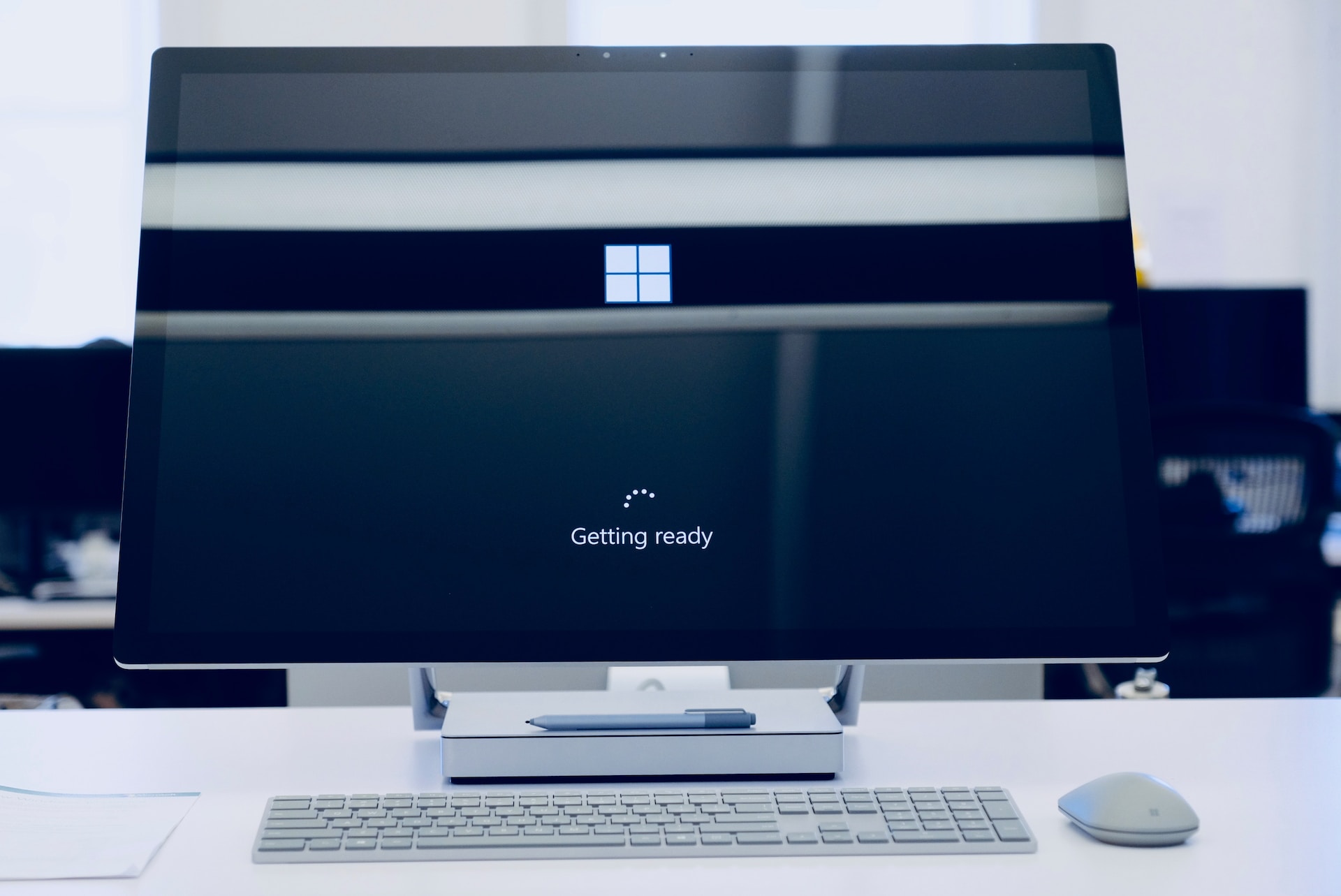Windows 11, the latest version of Microsoft’s operating system includes a variety of improvements designed to improve the user experience as well as increase productivity. One of these enhancements is the most advanced monitoring capabilities, which play crucial part in increasing efficiency and performance. In this piece we will explore the realm of Windows 11 Process Monitoring and examine how it allows users to manage their PC like never before. While reading this information read how to get admin rights on windows 10 without password in detail
Understanding Process Monitoring
Monitoring processes is the process of monitoring and controlling the different operations running in the computer system. The processes are the foundation of every operating system and are accountable for the execution of jobs and executing applications. A well-organized process monitor allows users to spot applications that consume a lot of resources and terminate processes that are not responsive and improve the system’s performance.
The Enhanced Task Manager in Windows 11
Windows 11 introduces an upgraded Task Manager and serves as the main point for analyzing processes. The user-friendly interface is complemented by impressive analysis, the Task manager lets users monitor their system’s performance in depth. It gives real-time information on use of CPU, memory usage the disk’s activity, as well as the performance of networks, giving an extensive view of the health of their system.
Key Features of Windows 11 Process Monitoring
4.1. Real-time Process Tracking
Windows 11’s Task Manager is a leader in the ability to track processes in real time. Its users can observe active processes as well as their usage of resources as they take place, and allow to quickly identify any issues or bottlenecks in performance.
4.2. Resource Utilization Insights
The Task Manager offers precise information about resource consumption and displays the amount of RAM, CPU as well as disk space each task uses up. The Task Manager helps users determine what applications are demanding resources and takes the appropriate steps to boost performance.
4.3. Process Prioritization
Windows 11 allows users to determine the priority of processes to ensure that essential applications have access to the needed resource while other tasks don’t hinder the performance of the system in general.
4.4. Managing Background Processes
Background processing can negatively impact performance of the system. Windows 11 enables users to effectively manage background processes by reducing unnecessary resources and enhancing the system’s responsiveness.
Monitoring System Performance
5.1. CPU Performance Tracking
The Task Manager offers an extensive analysis of the CPU’s usage and shows which programs are using the processor most. The information can help users comprehend the effect of every process on performance.
5.2. Memory Usage Monitoring
RAM is an important resource as Windows’ Task Manager offers live memory utilization data that allows users to track the most demanding applications for memory and avoid system performance slowdowns.
5.3. Disk Activity Analysis
The Task Manager shows the disk activity metrics that show which apps are either writing or reading to the disk frequently. The ability to identify processes that use a lot of disk can assist in optimizing the use of storage as well as improve the overall performance of your system.
5.4. Network Monitoring
The Task Manager in Windows 11 also offers insights into the network’s activities, showing which apps are taking the largest amount of bandwidth. This function is beneficial for people who are worried about their data’s usage, or possible security risks.
Utilizing Process Monitoring for Troubleshooting
6.1. Identifying Resource-Hungry Processes
The Task Manager helps in diagnosing issues by the task manager highlighting processes with high resource consumption that could cause the system to slow down or stop working. The users can choose to stop or restrict the usage of these processes.
6.2. Handling Unresponsive Applications
Inactive applications can hinder productivity. Windows 11 allows users to find and stop non-responsive applications quickly, thus ensuring the smooth operation of your system.
6.3. Tracking System Temperature
The ability to monitor the temperature of your system is essential to avoid excessive heat from the computer. The Windows 11 Task Manager provides temperature-related information that allows users to take action quickly to stop injury.
Improved Gaming Performance through Process Monitoring
7.1. GPU Performance Insights
Gamer will be pleased with Windows 11’s emphasis on performance in gaming. The Task Manager offers GPU performance data, which can help gamers to optimize applications that require graphics for seamless gaming.
7.2. Game Mode Activation
The Windows 11’s Game Mode enhances gaming performance by making sure that resources are allocated to gamers in the game. Game Mode users can enable Game Mode directly from the Task Manager to ensure that they have a gaming area specifically designed for them.
7.3. Optimizing Power Usage
If you are a laptop user or who are concerned about the power usage, Windows 11 offers power consumption information through the Task Manager. The users can determine which applications are power hungry and alter their use in order to prolong battery life.
Customizing Process Monitoring in Windows 11

8.1. Tailoring Task Manager Columns
Windows 11 allows users to modify the columns shown in the Task Manager which allows users to concentrate on the particular performance indicators that are important the most to their.
8.2. Creating Custom Monitoring Profiles
Users can make individual monitor profiles in the Task Manager in order to rapidly switch between performance metrics, based upon the requirements of their users or on usage situations.
Process Monitoring for Developers
9.1. Analyzing Application Behavior
Developers can make use of the Task Manager feature of Windows 11 to examine their applications’ behavior to identify performance bottlenecks and improve the allocation of resources.
9.2. Troubleshooting Software Issues
The Task Manager functions as an effective diagnostic tool for software developers. It helps them find and fix software problems by keeping track of resource usage as well as the behavior of applications.
Conclusion
Windows 11’s capabilities for monitoring processes which are housed in the new Task Manager give users important insight into the performance of their systems. With real-time information and the ability to customize, Windows 11 ensures users can make the most of their computer’s resources to improve efficiency and productivity.















